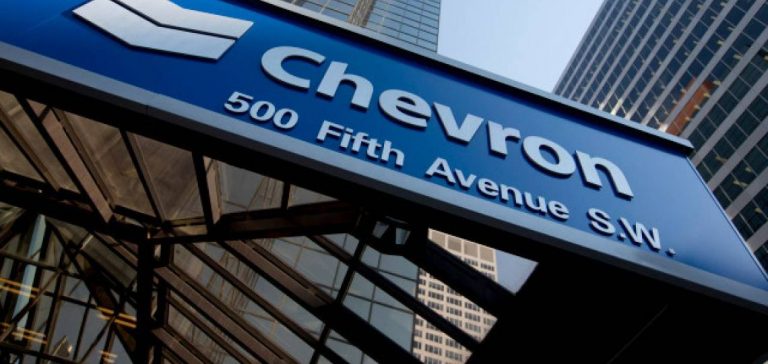Chevron Canada Limited (CCL) announced today the sale of its strategic interests in two major projects located in Alberta. This transaction, with a total value of $6.5 billion US dollars, includes the sale of Chevron Canada Oil Sands Partnership’s (CCOSP) 20% non-operated interest in the Athabasca Oil Sands Project, as well as CCL’s 70% operated interest in the Duvernay shale gas.
This all-cash transaction will take effect on September 1, 2024, and is expected to close during the fourth quarter of the same year, subject to regulatory approvals and other customary closing conditions. Canadian Natural Resources Limited (CNRL) will be the main acquirer of these assets, thereby strengthening its position in the Canadian energy sector.
Impact on the Energy Sector
The sale of interests in the Athabasca Oil Sands and Duvernay shale marks a significant step for Chevron Canada Limited. This strategic decision is part of the company’s effort to refocus its activities on projects more aligned with its sustainable development and energy transition objectives. By disengaging from these projects, CCL frees up financial and operational resources that can be reinvested in low-carbon initiatives and innovative technologies.
On its side, Canadian Natural Resources Limited (CNRL) will benefit from acquiring these assets, thus enhancing its production capacity and influence in the Canadian hydrocarbon market. This transaction allows CNRL to expand its portfolio in key geographical areas and optimize its operational synergies.
Financial and Regulatory Consequences
The amount of $6.5 billion US dollars represents a substantial injection into CCL’s finances, enabling it to reduce its debt and fund new projects. This transaction also reflects current market trends, where major energy companies are reevaluating their portfolios to adapt to new economic and environmental realities.
From a regulatory standpoint, the agreement is subject to approval by the relevant authorities, including environmental regulatory bodies and market commissions. These entities will assess the impact of the transaction on competition and compliance with existing environmental standards.
Market Reactions and Future Perspectives
Investors have welcomed Chevron Canada’s announcement favorably, perceiving it as a maneuver aimed at strengthening the company’s financial health and improving its strategic flexibility. Analysts predict that this operation could prompt other sector players to reevaluate their own asset portfolios, thereby fostering a consolidation dynamic within the energy industry.
For CNRL, acquiring these interests represents an opportunity for growth and diversification of its activities. Integrating these assets should allow cost optimization and increased production, while offering long-term development prospects.
Conclusion
The sale of Chevron Canada’s interests in the Athabasca Oil Sands and Duvernay shale projects to Canadian Natural Resources Limited for $6.5 billion US dollars underscores major strategic shifts within the Canadian energy sector. This transaction not only redefines the positions of both companies in the market but also reflects the ongoing adjustments necessary to address current economic and environmental challenges.






















